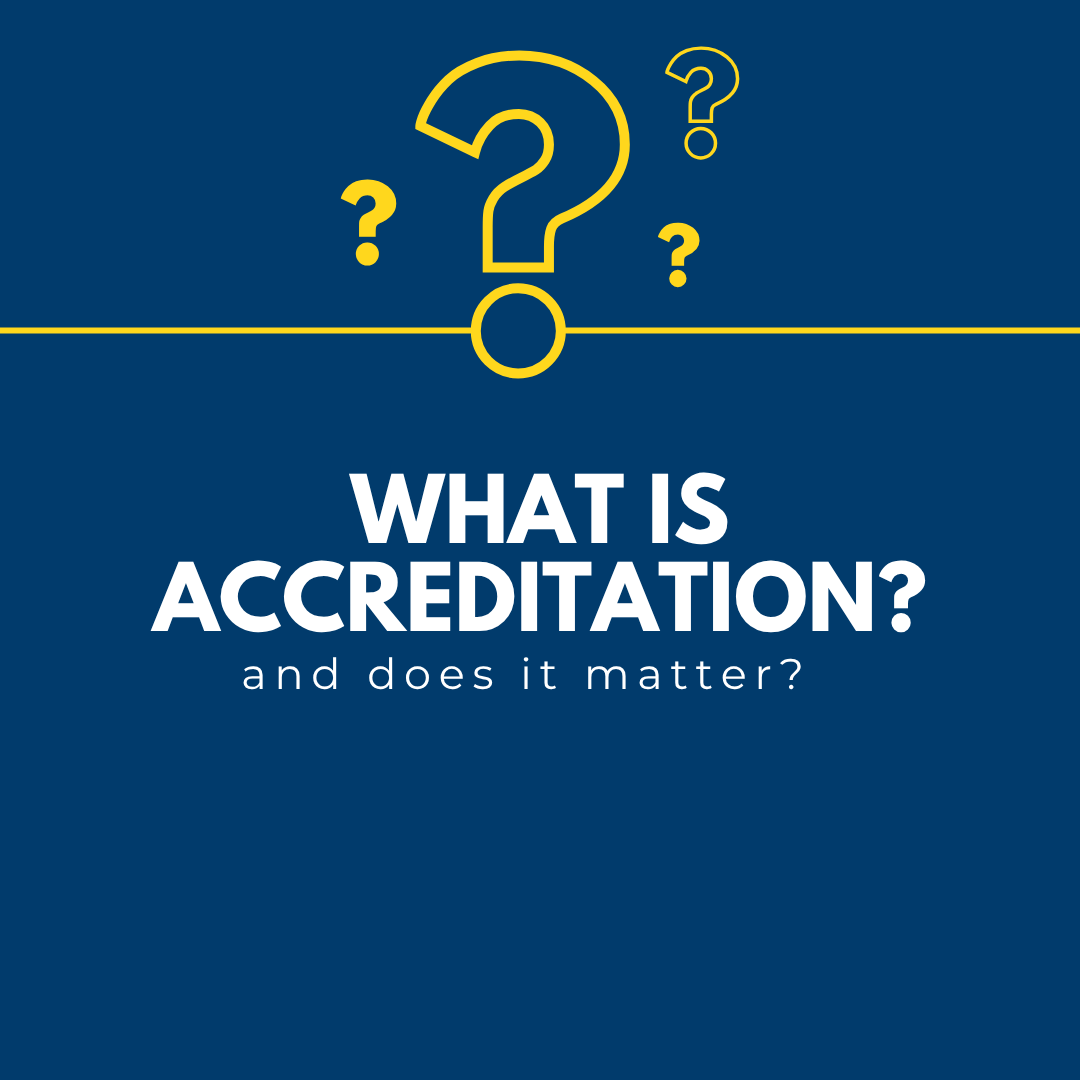What Grade Are You In?

“What grade are you in?” the cashier asks. My child stares, like a deer caught in headlights, and turns to me before slowly answering, “ummm….we don’t really do grades…. But I love history!”
Grade levels. Homeschoolers wonder about them often, asking questions like:
- We’re using a math book that is labeled 4th grade but the composition curriculum we use is sold as 6th grade, what grade is my child in?
- My child is doing curriculum above their standard grade level, should I skip a grade?
- My child is struggling with math, should I repeat a grade?
What you often hear in homeschool circles is that grade levels don’t matter. And that is true, academically they don’t matter at all. Grade levels are how schools are able to group students and move them through a standardized curriculum. In this sense they don’t apply to homeschoolers. We don’t use a standardized curriculum. We know that kids develop asynchronously, meaning they may be ahead in reading but on-level or behind in math or vice versa. We know that kids may be way ahead in elementary school and then reach a plateau in middle school. We know that the curriculum choices we have vary widely in the skills that are presented for a given grade level.
So from an academic standpoint, grade levels are arbitrary. Academically, homeschoolers progress by covering topics when they are ready for them and moving on to new ones or more advanced skills when they have mastered the foundations. There’s no need to assign or adjust a grade level based on academics. You can simply move through your homeschooling years progressing as concepts and skills are mastered.
I hear the next question… but then how do I know when they’re done?
Well, high school is different but grade levels are still not what matters. What matters in high school, and what’s different from all the years before, are the credits that your student acquires through the coursework and activities in their high school years. These courses, and the corresponding credits, are recorded on their transcript and are what any post-graduation employer, college, trade school, or military branch will be looking at. These credits may be acquired neatly over what we think of as a standard 4 year high school experience, or they may be acquired over more or less than that depending on the student’s motivation, readiness, and abilities. As Rhode Island does not have high school graduation requirements for homeschoolers, you, as their teacher, get to decide what is required for your child to graduate. You can use college or trade school admissions requirements, military enrollment requirements, necessary employment skills, and personal preferences to set those guidelines for your child.
Finally, I keep saying “academically, grade levels don’t matter.” That’s because socially they do come into play and you will most likely have to use them. When you’re signing your child up for an extracurricular activity, class, or camp or when your child is trying to figure out where they are in relation to their public school friends or kids they meet, or they’re asked the question by a well-meaning cashier. In these cases, grade level is used as a way to categorize kids on a social or maturity basis. It’s easiest to have a standard answer based on your child’s age (ie. Kindergarten = 5 years old) and stick to it, no need to bring academics into it at all.
Written by Alyssa Crowder
Share Article
Discover More































